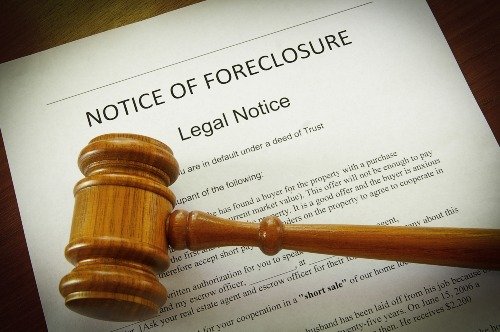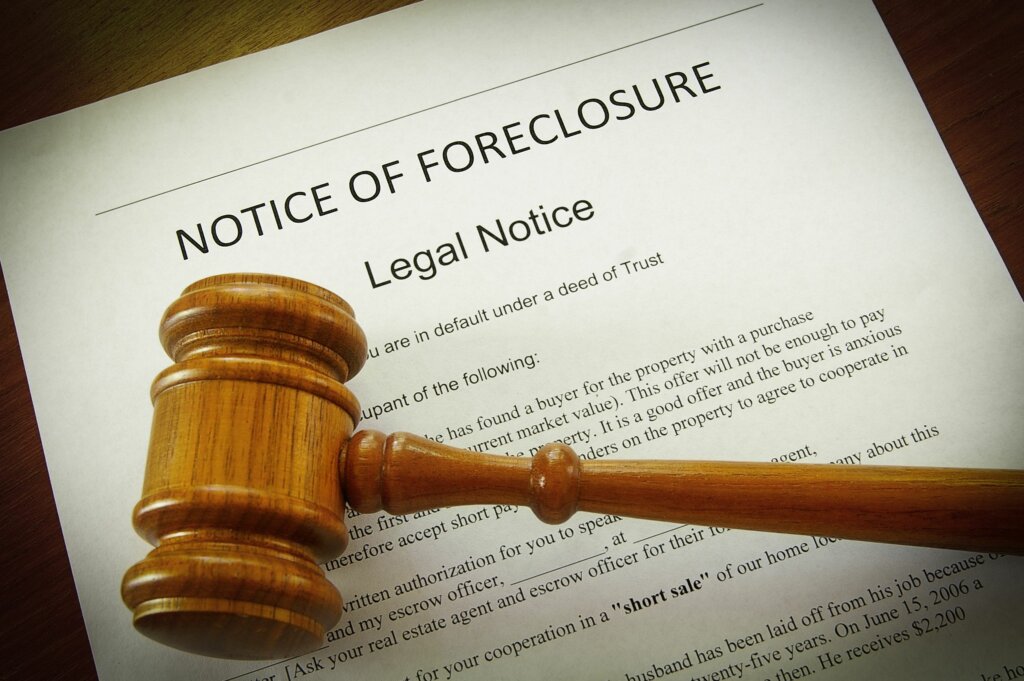
Foreclosures are an unfortunate but common situation.
Homeowners incur sudden and unanticipated events that result in foreclosure: job loss, divorce, sudden illness or medical emergency, increases in debt payments, home repairs, or bills.
Foreclosure is a stressful, time consuming, costly, and negatively impacts credit scores and the potential future financing. Avoiding it if possible is preferable.
The following are the top alternatives to foreclosure in Florida.
Property Sale

Selling a house in Florida is a straightforward way to stop foreclosure. Sale proceeds pay off the debt, owners can pocket cash if sale price is above amounts owed, and the foreclosure is dismissed.
The downside to selling is you no longer own the property, and if it was your home, you need to relocate. However, you can protect your credit and the chances of getting a mortgage for a new home in the future.
House Heroes has nearly a decade of experience in purchasing houses, condos, and land with impending foreclosures. Visit our Get a Cash Offer Today page to find out how much we can pay. Cash offers allow us to close on short deadlines, cover relocation costs, and even let the seller stay after closing.
Properties heading into foreclosure often are “underwater” – the amount owed is higher than market value. In this case, a traditional sale will not work. Consider the options discussed below for a short sale or selling subject-to the mortgage.
Short Sale

A short sale in real estate is when a financially distressed homeowner sells his or her property for less than the amount due on the mortgage. Banks must approve the short sale since they would accept less than the amount owed.
An “unapproved short sale” refers to a short sale that is pursued for a price that has not been agreed upon by the bank. An “approved short sale” means the bank has signed off on the sale price.
Why would a bank agree to allow a sale for less than they are owed?
Short sales allow the bank to save money on attorney fees and court costs. Since the bank is working as a team with the seller, the seller is more likely to maintain the property in good condition. Banks aren’t landlords or house flippers – owning property is not their goal.
Due to changes in the market and property condition, homes are often worth less than the amount owed. Even if the bank forecloses, they wouldn’t sell for more than the short sale price anyway.
The short sale process usually looks like this:
- Engage Professionals. People going through the short sale process usually turn to real estate agents, attorneys, and tax advisors for advice and to negotiate with the bank.
- List the Property. Banks may insist that owners list the property on the MLS to obtain the maximum visibility to receive the “highest and best” offer.
- Submit the Offer to the Bank. The highest and best offer is submitted to the bank for approval.
- Lender’s Review and Response. Lenders review the “short sale package”, perform due diligence and inspections, and either reject or accept the short sale.
- Closing. Once the lender approves the short sale, title work is completed and closing is arranged.
Deed in Lieu of Foreclosure
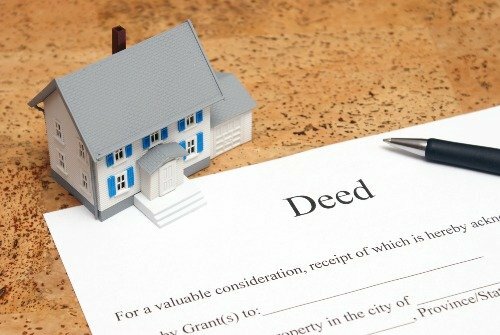
Deeds in lieu of foreclosure in Florida are documents that transfer title from the property owner to the lender in exchange for eliminating the mortgage deed. These deeds are executed by the property owner and recorded at the county.
Similar to the short sale, banks accept this arrangement to avoid long, costly, and drawn out foreclosure actions that result in the same outcome: a bank-owned property.
Although you will have to relocate, the advantage to the owner is avoiding the stress of litigation, saving your credit score and exiting without the stress of foreclosure litigation.
A risk of deeds in lieu of foreclosure is losing out on money. Had you listed it on the open market, it is possible you could have sold it and put some cash in your pocket on top of what you owed. Consider first trying to sell and using a deed in lieu of foreclosure as a last resort. Contact us for a no obligation cash offer.
Selling Subject-to the Mortgage

You can sell a house with a mortgage in Florida to avoid foreclosure. This is often called selling “subject-to” the mortgage.
According to The Balance: “buying subject-to means buying a home subject-to the existing mortgage. It means the seller is not paying off the existing mortgage. Instead, the buyer is taking over the payments.”
The advantage of selling subject-to is that someone else takes over making the mortgage payments and can prevent foreclosure.
On top of that, you can often put more cash in your pocket because buyers that take over mortgage payments will pay more since they don’t need to secure financing. You also will get a higher pool of potential buyers – creating a bidding effect. House Heroes buys property subject-to – give us a call at (954) 676-1846 or fill in the simple form for more information.
Rent
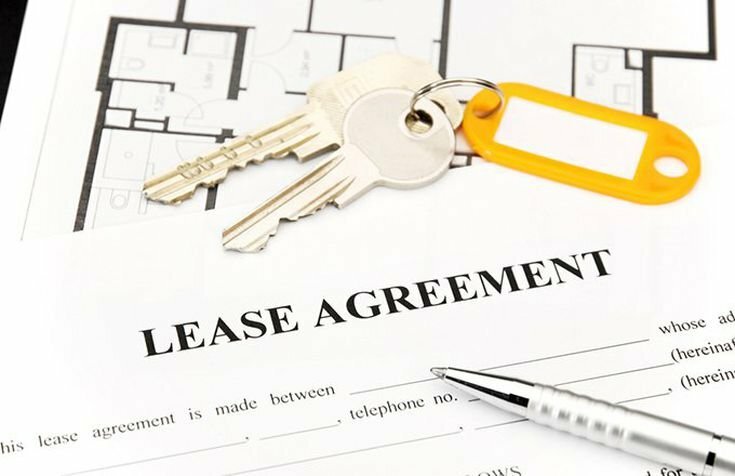
Renting to a tenant may help avoid foreclosure if you do not live or intend to live at the property.
For this method to work, the property must generate enough income to make up the amount of the mortgage you are unable to pay. Also, you’ll want to pursue this path before you fall too far behind, otherwise it might be difficult to catch up. If you are still unsure about how the foreclosure process works in Florida, and the foreclosure timeline, check out our handy guide: “How The Foreclosure Process Works in Florida”.
Of course, rental properties are an investment that must be maintained and cared for. Being a landlord is not for everyone. You need to maintain a budget, monitor expenses, negotiate leases, make repairs, handle tenant complaints, vacancies when no income is received, updating the property between tenants, and when a tenant breaches the leases or stops paying, go through the dreaded eviction process.
Refinance
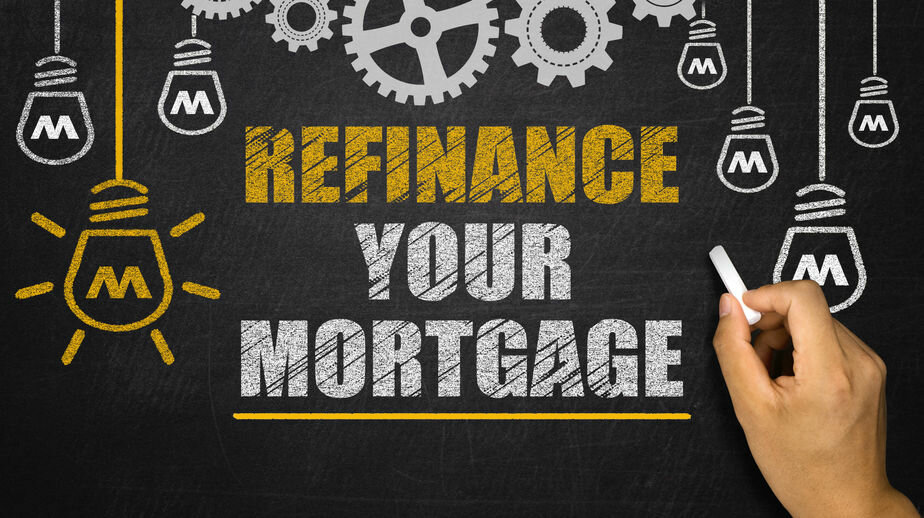
A “refinance” the process of replacing your existing mortgage with a new mortgage, typically in order to reduce monthly payments, lower the interest rate, cash out equity in your home, change mortgage companies, or shorten the term of the mortgage.
Refinancing can help prevent foreclosure by reducing your monthly payment to an amount you can afford. The advantage of refinancing is that, not only do you avoid foreclosure, but you will be able to stay in your home and continue as a property owner.
To qualify for refinancing, lenders will consider your credit score and debt-to-income ratio. These metrics help assess your creditworthiness.
Loan Modification
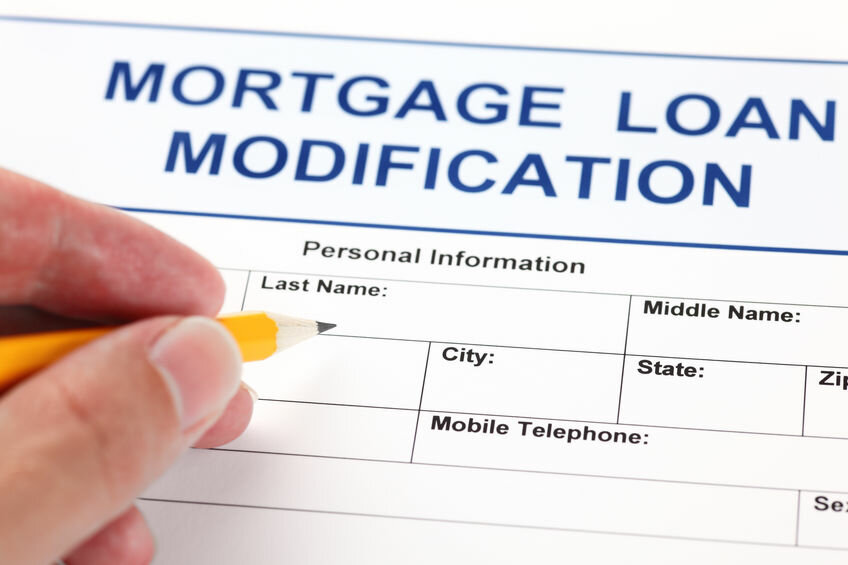
Loan modifications – similar to a refinance – is a way to adjust the terms of your mortgage. Lenders normally consider modifications where a borrower is in financial trouble and cannot make payments under the current loan terms.
Loan modifications – similar to a refinance – is a way to adjust the terms of your mortgage. Lenders normally consider modifications where a borrower is in financial trouble and cannot make payments under the current loan terms.
According to Investopedia: “Loan modification is a change made to the terms of an existing loan by a lender. It may involve a reduction in the interest rate, an extension of the length of time for repayment, a different type of loan, or any combination of the three. Such changes usually are made because the borrower is unable to repay the original loan.”
Lenders will want to see “proof” that you will make payment on the new loan terms. This may include an updated credit check and debt-to-income analysis, as well as pay-stubs and asset statements. Individuals seeking loan modifications often seek the services of an attorney throughout the process.
Bankruptcy
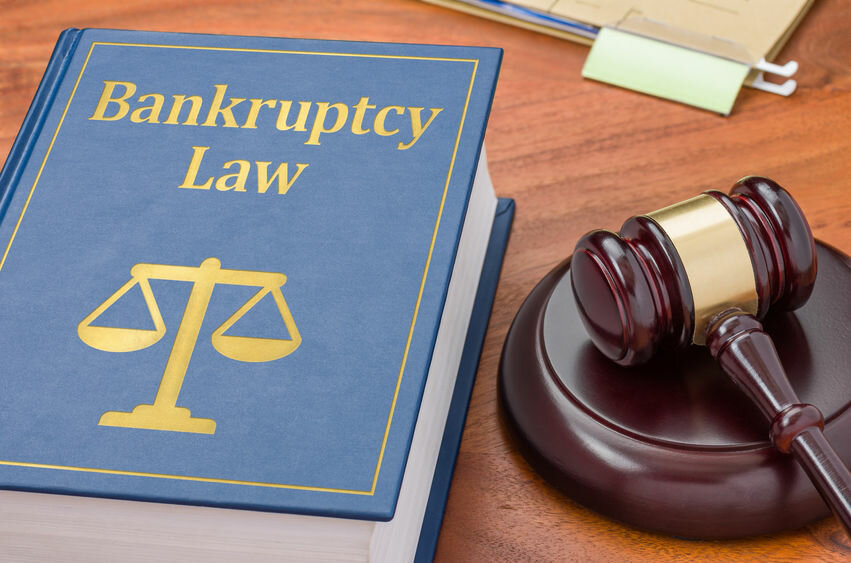
Bankruptcy is a chance to start over again. People file for bankruptcy for many reasons, including divorce, creditor lawsuits, underwater homes, credit card debt, and delinquent taxes.
There are two forms of bankruptcy: Chapter 7 and Chapter 13. According to Debt.org, Chapter 7 bankruptcy is designed for people that can’t afford to pay their bills and earn less than the median income in the state, and Chapter 13 (“wage earner’s bankruptcy”) requires that you have a steady source of income.
Although bankruptcy is not a cure, it can halt a bank from foreclosing on your home.
When a person files for bankruptcy, an “automatic stay” goes into effect. The automatic stay prevents collection efforts by creditors, collection agents, government entities, and lenders seeking to foreclose on the property. You can learn more about this in our How To Stop Foreclosure In Florida [Definitive Guide].
Still unsure how the foreclosure process works in Florida? Check out one of our earlier blog posts, “How The Foreclosure Process Works in Florida“.
We Save Homeowners From Foreclosure!
Call Us (954) 676-1846 or Fill Out This Form For Your FAIR Offer.


Get A Fair Cash Offer. Call Us (954) 676-1846 or visit our Get A Fair Cash Offer page to find out how much we can pay you!

Our Team. Learn about our values and history. Meet the House Heroes Team – Lucas, Nick, Earl, Danielle, and Meghan!

How It Works. We buy houses in three-steps. Fast, cash, as-is, no realtor fees, fair prices. Learn how we do it!

Testimonials and Reviews. Honesty, integrity, and trust. Check out our video testimonials and social media reviews.

Case Studies. We buy houses in any condition. Watch the inside videos of our purchases – not for the faint of heart!

Frequently Asked Questions. Got some questions about House Heroes? Get all the answers over on our FAQ page.
